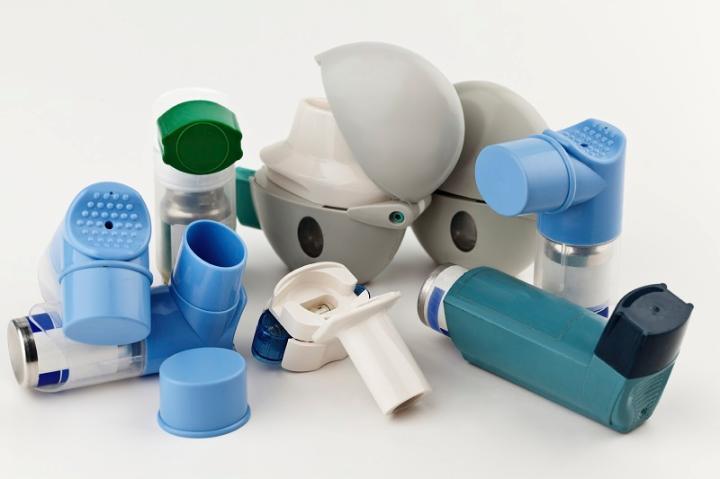Impactor studies for Inhaled Therapies
The Centre offers a range of services for preclinical inhaled delivery development including development and testing of DPI, pMDI and nebulised formulations.
Nebulisation allows fit for purpose formulations to be developed rapidly for use in preclinical and early clinical studies
Our structured approach to Nebulised formulation development includes:
- Selection of nebuliser devices for the study;
- Analytical method transfer or development as necessary;
- Next Generation Impactor Testing (low flow (15 L/min), refrigerated)
- Aerosol output study;
- Variation in concentration and excipient inclusion studies;
- Solution stability testing.
The Dry Powder Inhaler (DPI) is rapidly becoming popular as it reduces issues of coordination and high plume velocity without requiring large spacers or holding chambers.
Our structured approach to DPI formulation development and testing includes:
- API micronisation and associated analysis (PSD, morphology, surface energy);
- Blending studies (carrier selection, blend uniformity testing, product assessment (morphology, distribution on carrier etc.));
- Aerodynamic assessment (NGI/ACI tests for MMAD, GSD, FPD/FPF);
- Stability testing of micronised and blended API;
- Aerodynamic assessment of stored materials.
- Pressure drop measurements for device assessment.

pMDI devices are also common in the delivery of drugs to the lung. Formulation of APIs in fluorinated propellants (HFAs 134a and 227) can be performed with our partner organisations, and aerodynamic assessment on novel or commercially available products undertaken in house using impaction techniques.
- Aerodynamic assessment at appropriate flow rates (NGI/ACI tests for MMAD, GSD, FPD/FPF);
- Stability testing of products (creaming, flocculation, Ostwald ripening).
We also offer some novel, bespoke analytical methods in the area of inhaled product testing. We developed a pressurised NMR method of assessing solubility of API / excipients in volatile fluorinated propellants; HFAs134a and 227. These measurements can be crucial in predicting the stability of formulations in pMDI devices. We can also assess solid form of materials delivered from pMDI/DPI devices using microscopic, spectroscopic, thermal and diffraction methods on material collected from impaction studies. Please contact us to discuss these methods in more detail.
